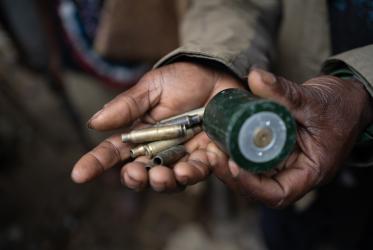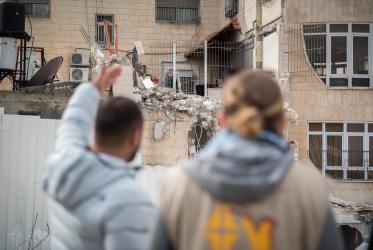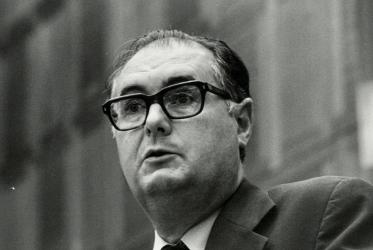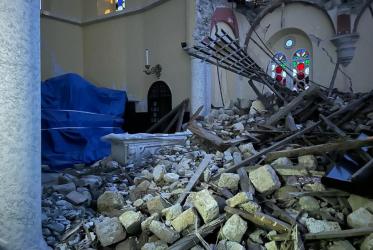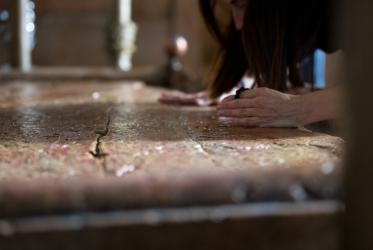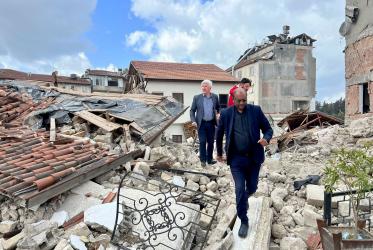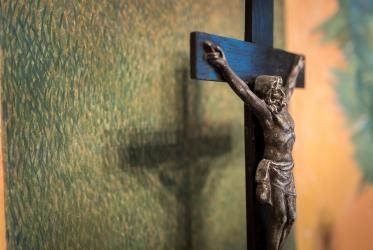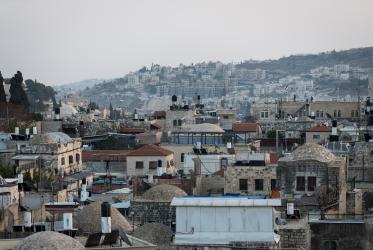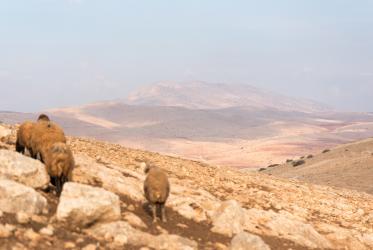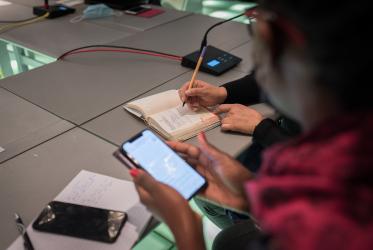Displaying 161 - 180 of 1482
WCC mourns the death of Julio de Santa Ana
20 April 2023
“All groups should be allowed to come and worship”
14 April 2023
“How is it that my family could be separated on Easter?”
12 April 2023
"Palm Sunday Reflections"
02 April 2023
WCC Easter message: Christ makes all things new
31 March 2023
